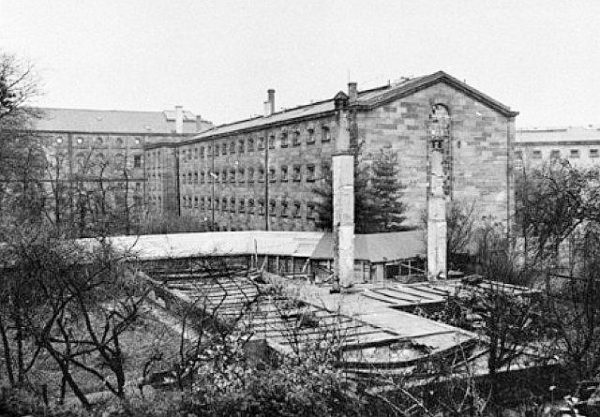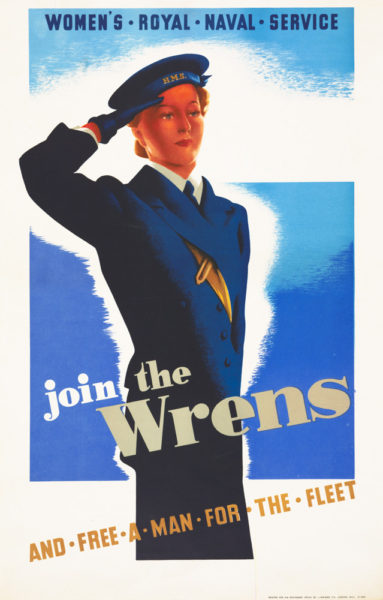Five years ago, I wrote a blog by the same name. It was back in the days when I purposely limited my blogs to no more than five or six hundred words (my Millennial friends told me this was the “norm”). I’ve re-read some of those blogs and frankly, I’m embarrassed. First, my writing style has evolved (and hopefully, improved). Second, I could have added so much more interesting information had I not listened to my friends. Another difference between then and now is the number of images we used. Our blogs today use as many images as I can find that add value to the story. In the past, one or two images made it into the story. I guess this is what you call progress. So, I’ve decided to re-write some of the more popular blogs and expand both the story as well as images. I hope you enjoy this one (again).



